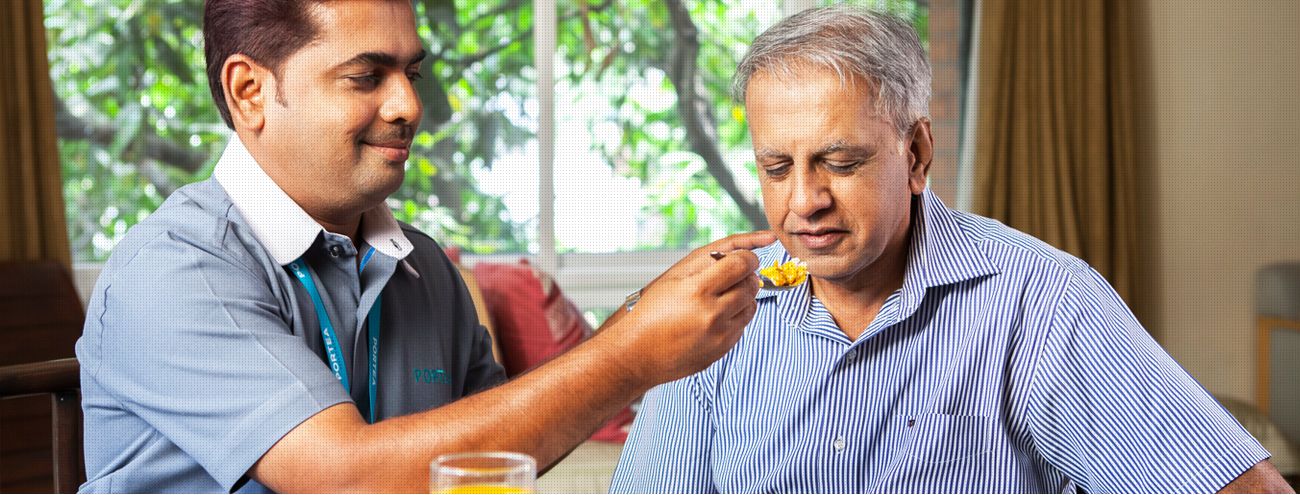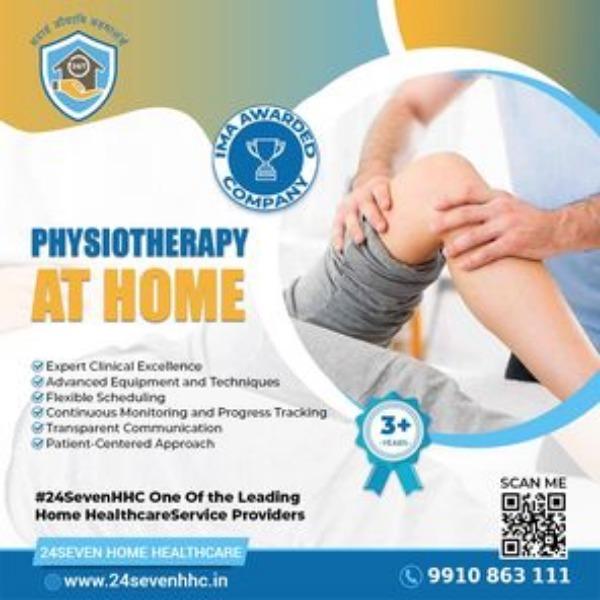
TRAINED ATTENDANTS FOR HOME CARE IN NOIDA The t...

TRAINED ATTENDANTS FOR HOME CARE IN NOIDA The type of paid help to use depends on several factors. For example, availability, cost, human needs, family comfort, etc. Often, families use the term "nurse" to refer to the assistant they employ, even though the assistant is not a medically trained nurse. Types of arrangements provided by Mother Touch Services: • Employ servants/ayah/servants (part-time or full-time) after training them. • Use trained servers part-time during the day (12-hour shifts or 24-hour shifts). • Use part-time overnight maids (usually 12-hour shifts). • Employ two part-time servers, one during the day and one at night. • Call a full-time live-in provider. • Use part-time qualified nurses on one or more shifts. Many families turn to domestic help for the first time, such as maids, ayahs, or servants. They may already have a housekeeper they know and trust. This home helper already knows and respects the person with dementia and can therefore be considerate and affectionate. The main problem here is that the family must train the maid themselves. They have to explain dementia to the housekeeper. They should explain how to interact with the person and deal with strange behaviour. Housekeepers have no medical knowledge. They may have witnessed people with symptoms of dementia being considered unreasonable or “mental” by the society around them. So they may not believe that the behavioural changes associated with dementia are due to a medical problem. The family may not know how to explain or persuade. Typically, families use agencies or services that provide home care workers. These attendants may be trained to care for the elderly or the elderly. But they are generally not adequately trained in dementia. Families often have to train agency-provided providers to provide dementia care. Most families choose part-time or full-time trained providers from agencies. Some hire only a part-time day care aide and provide night care themselves. Some families hire two chaperones, a daytime guardian and a night time guardian. Others prefer a full-time live attendant. Hiring a full-time maid means the family must provide meals and enough living space. This is a problem if the family lives in a small apartment or does not have a cook. Most agencies clearly state that the maid will not participate in any housework. Families that do not have male or female maids must cook for the maids. Often, the server's eating habits and choices are not the same as the family's eating habits and choices. Therefore, the family should separately prepare dishes that the waiter likes, otherwise there is a risk that the waiter will be unhappy and leave. A full-time attendant may not be able to do all the work if the person with dementia needs around-the-clock attention. There's also a problem if that full-time server gets sick. When a caregiver becomes ill, the family must take on all dementia-related care and must also decide whether to send the ill caregiver away or take care of the caregiver. If an attendant shares a room with a person with dementia, the infected attendant can transmit the disease to that person. Additionally, when full-time service workers have to leave suddenly, such as because of a personal emergency, the family has no other help until the agency finds a replacement. Using part-time attendants (one or two) is another option. This helps the family save extra cooking work for the servants. Part-time servers must bring their own meals and families simply bring them tea and snacks. There is no need for a separate, separate sleeping area. Caregivers spend the day (or night) with the person with dementia. Many families employ two maids, one who works during the day and one who works at night. Typically, agencies agree that the on-duty attendant will continue their shift until the next shift attendant arrives. When deciding whether to hire a full-time or part-time maid, look at your remaining housekeepers (butlers, drivers, and cooks) to see if they can help you if the maid quits. Or not. A very important factor is how the person with dementia adapts to the arrangement. They may not be able to adapt if the day and night attendants are different. This is especially true if the two caregivers have different ways of helping. You will also need to decide whether you need a male or female escort. Attendant is used if the person needing care is female. But for men who need care, the family can ask for a female maid or a male maid. In households where most members are women, the family will feel more comfortable and safer if the accompanying person is also a woman. But there are also other factors to consider. For example, can the server perform the required manual labour? Can she lift and turn with dementia? If the person needing care is male, is his behaviour towards the waiter correct? In some forms of dementia, people become aggressive and abusive and may behave in socially
Keywords
Subscribe for latest offers & updates
We hate spam too.


